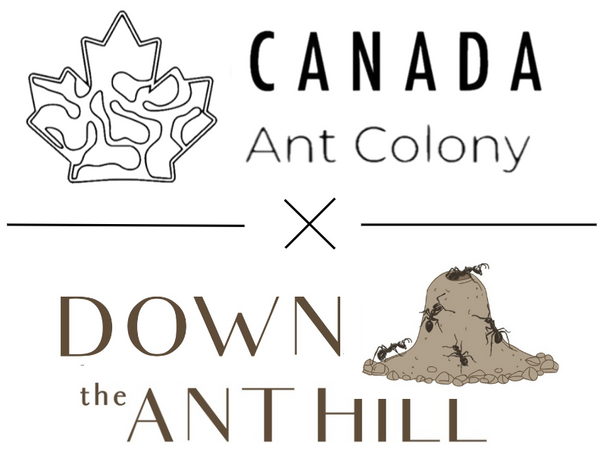In the face of the universe, humanity's existence can appear as a flicker in an endless night. We look to the skies for some proof of our importance, a sign that somehow, to the cosmos, we matter-- that the cosmos cares about us, or has designed our lives with intention. However, we are frequently confronted with cosmic indifference—the idea that the universe, in all of its vastness and beauty, is unconcerned about human existence. It neither rewards nor punishes; it just *is*.
This realization can be both liberating and disorienting. In the grand symphony of galaxies swirling, stars collapsing, and nebulae forming, our individual lives seem small, as though nothing we do could possibly matter to the stars above. But perhaps this is where the most profound understanding begins.

The Milky Way by Pexels
The Ant Beneath Our Feet
We might not notice them unless they disrupt our lives. If a trail of ants invades our kitchen, they briefly become relevant—only to be swept aside, literally and figuratively, without further thought. But from the perspective of the ant, its world is just as vast and meaningful as ours. The colony it belongs to is a complex society, rich with interactions and purpose. And still, we remain indifferent, towering above, with little awareness of their lives.
This is, in essence, how the universe might see us—or rather, how it *doesn’t* see us. Just as we are indifferent to the ant, the cosmos moves on, indifferent to our existence. To the universe, we are neither grand nor significant. Like the ant, we build, we toil—but just as we often are apathetic to the struggles of ants, the universe seems apathetic to us. Maybe we, too, will one day be swept aside, forgotten in the expanse of time.

Carpenter ant worker by Shane Nichols
The Beauty of the Small
In the same way, if we stop lamenting our smallness in the universe and start to appreciate it, we might find that there is beauty in our insignificance. Our lives are short, but they are rich with meaning in the context of the relationships we form, and the creativity we express. Just as the ant is essential to its ecosystem, we are essential to ours. And perhaps, if we can care about the ant, the universe can care about us.
The universe may not care about us, but we care about each other. And maybe, in that caring, we create the meaning we seek.
Could We Be the Ant?

Some bull ant species use the moonlight to navigate (Photo by Peter Bertok)
It is possible that in the vastness of the cosmos, we are not noticed. But it is also possible that we are, and that somewhere in the depths of the universe, our lives—though brief and small—spark a moment of appreciation in a way we cannot understand.
Meaning in the Indifference
Perhaps, in learning to appreciate the ants, we can learn to appreciate our own lives within the grand cosmic scale. The universe is vast and indifferent, but that only makes the moments we have more precious. If we can marvel at the complexity of the smallest creatures, then perhaps something greater than ourselves might one day marvel at us. And whether or not that is true, our ability to find beauty and purpose within ourselves is what ultimately defines the meaning of our existence.
